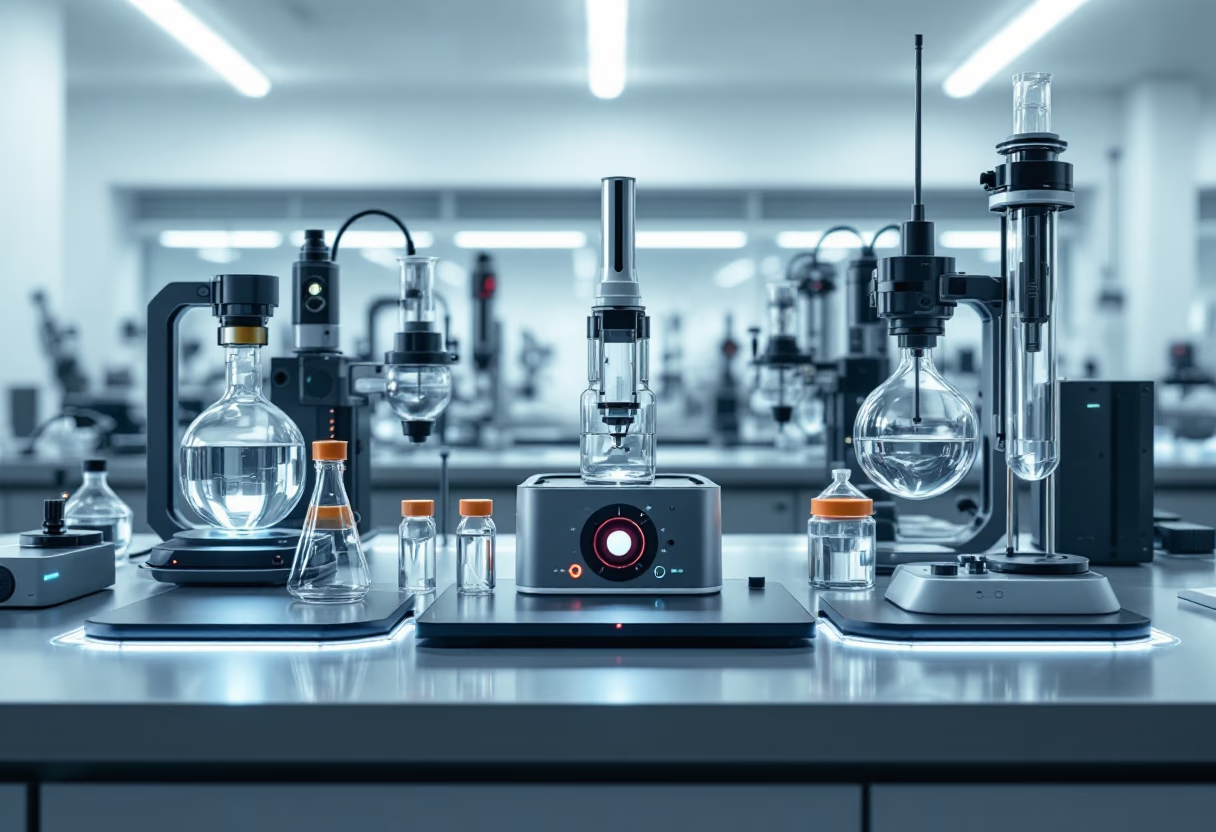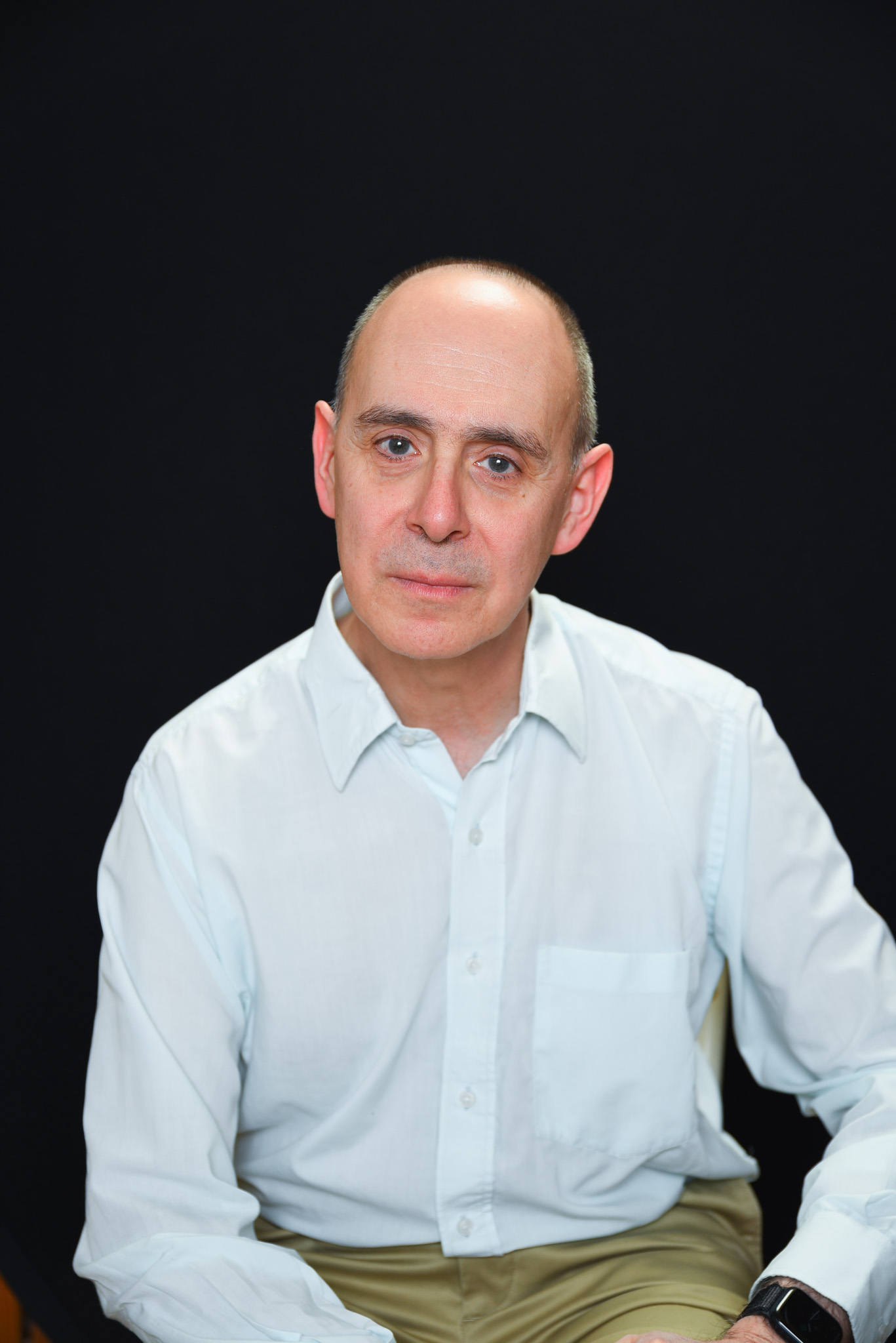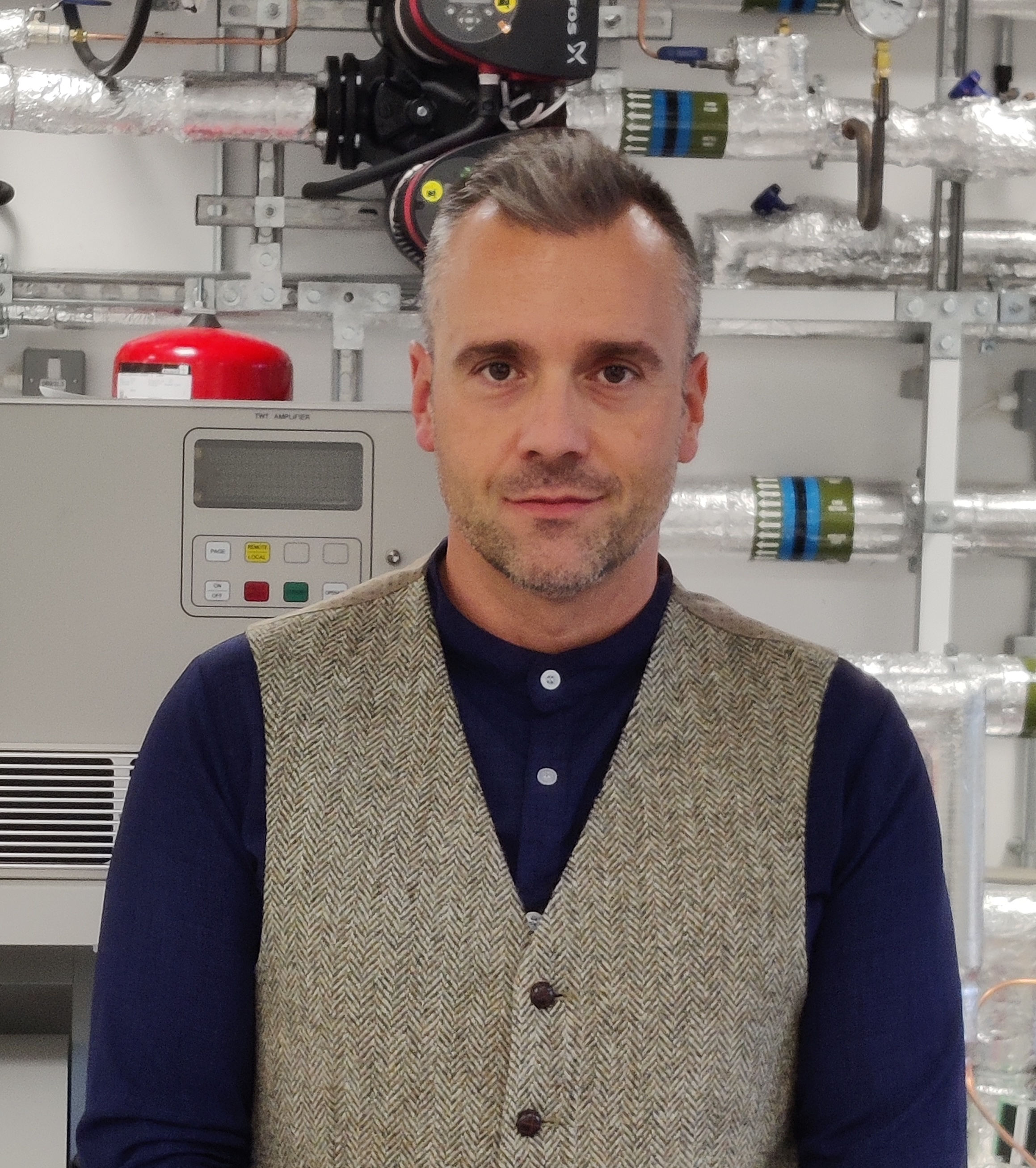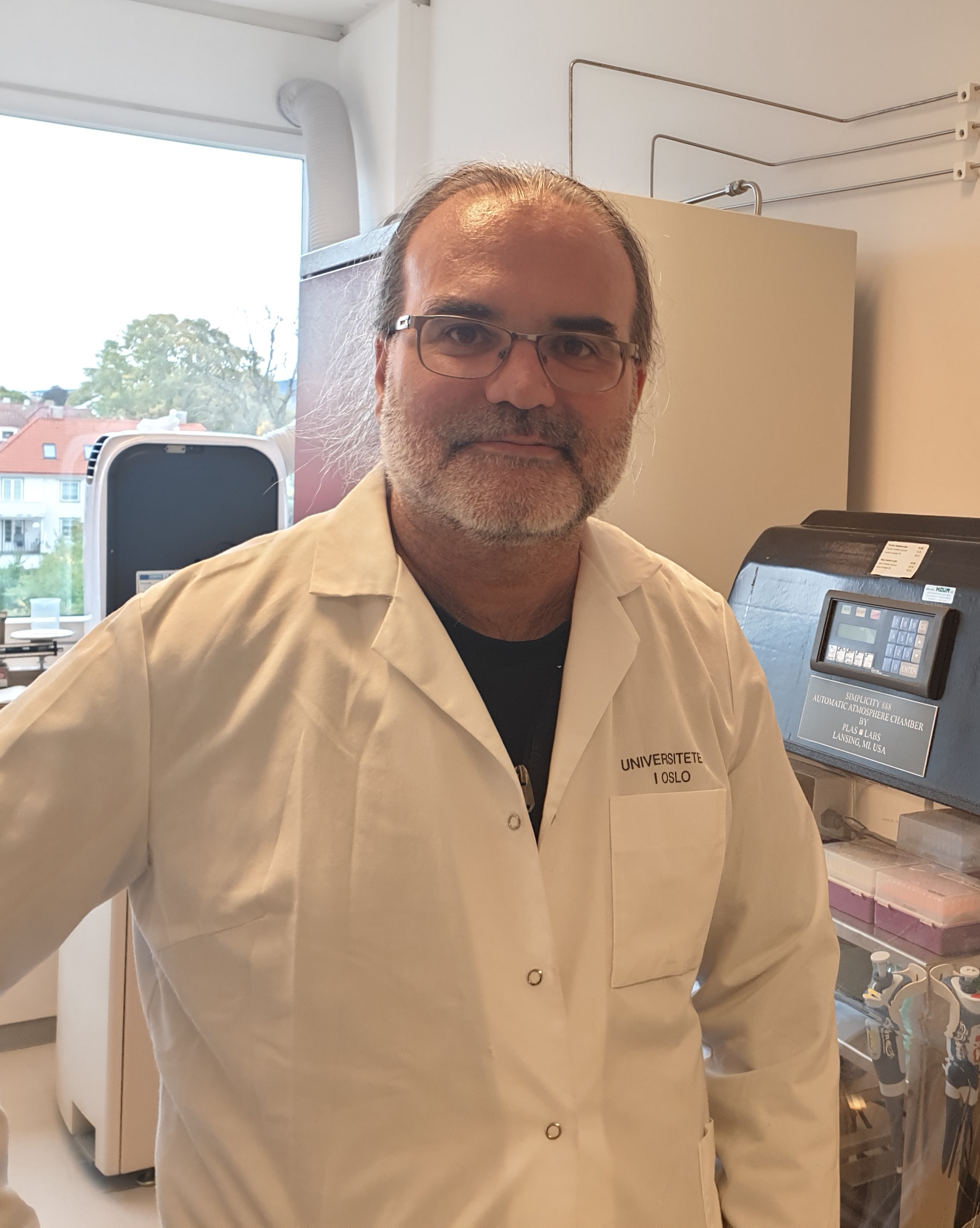Antimicrobial resistance (AMR) is a critical global health challenge, with ESKAPE pathogens responsible for the majority of multi-drug resistant infections. Precision medicine, combining rapid diagnostics and targeted therapies, is essential to address this threat effectively.
Current diagnostic workflows rarely distinguish between highly virulent and low-virulent bacterial strains, leading to broad-spectrum antibiotic use and increased AMR risk. Differentiating strains based on pathogenic potential enables targeted antimicrobial treatment and improved antibiotic stewardship.
StraDiVarious investigates how small structural variations in bacterial virulence factors influence infection outcomes. By integrating advanced molecular, structural, and computational techniques, we aim to classify strains as 'colonizers' or 'killers' and inform precision medicine strategies.
Our research supports the development of ultrafast diagnostics and novel therapeutic targets, reducing unnecessary antibiotic use and mitigating the global burden of AMR.



.svg)










